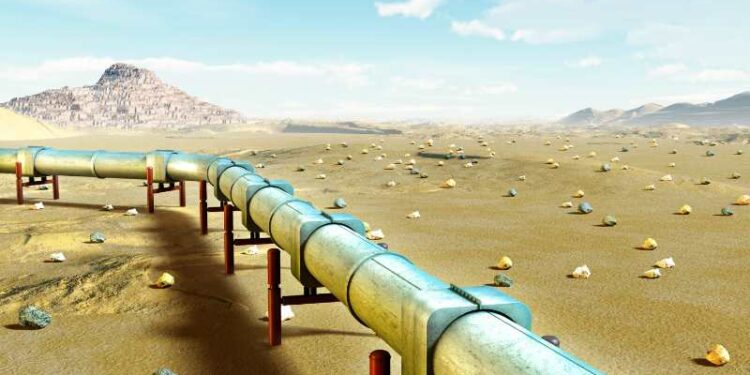By Oyintari Ben
According to a government official who spoke to reporters, South Africa will put up for auction at least ten new onshore blocks for shale gas development in the ecologically sensitive Karoo region as the nation looks to alternate energy sources to solve its worst-ever power crisis.
Following the passage of legislation establishing the bid round, South Africa will hold its first competitive auction for oil and gas resources in 2024 or 2025, featuring acreage formerly owned by Shell (SHEL.L).
The Petroleum Agency of South Africa (PASA)’s Bongani Sayidini said, “We are potentially looking at a minimum of about ten shale gas blocks in the Karoo that will be released through competitive bidding.”
Technically recoverable shale gas resources in the Karoo Basin are estimated by PASA to be around 209 trillion cubic feet (tcf). However, a 2017 research by geologists at the University of Johannesburg found that this figure was likely closer to 13 tcf, the lower end of estimations that ranged from 13 tcf to 390 tcf.
According to the Academy of Sciences of South Africa’s Karoo shale gas action plan published last year, even five tcf would be sufficient for a 1,000 to 2,000 MW gas-fired power station to produce electricity for up to 30 years.
It’s unclear how the price would stack against the ever-cheaper wind and solar energy gradually displacing existing coal-fired power plants.
Due to opposition from farmers, environmentalists, and regulatory uncertainties, fracking in the huge Karoo Basin, which makes up more than half of South Africa’s land surface, has been put on hold for the past ten years.
Shell’s 90,000 square kilometres are free after the oil firm abandoned a proposal to explore early last year, according to Sayidini.
A spokeswoman for Shell confirmed the withdrawal and stated that the company is concentrating upstream investment on fewer basins that align with the global strategy and where Shell has competitive advantages.
Sayidini says the new shale blocks will be smaller to encourage participation. If adequate resources are discovered, it might take a decade or longer to produce the first gas.


































